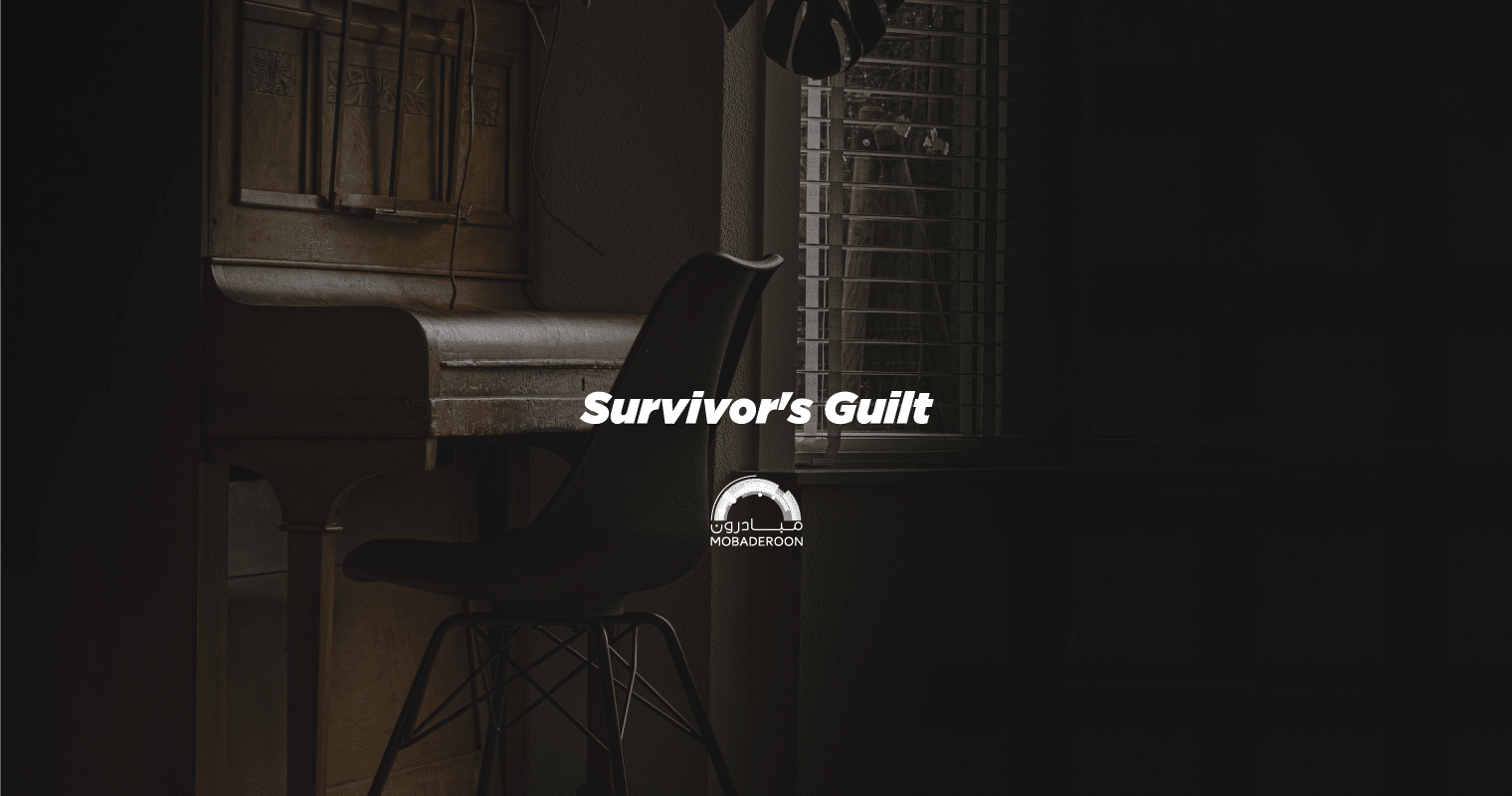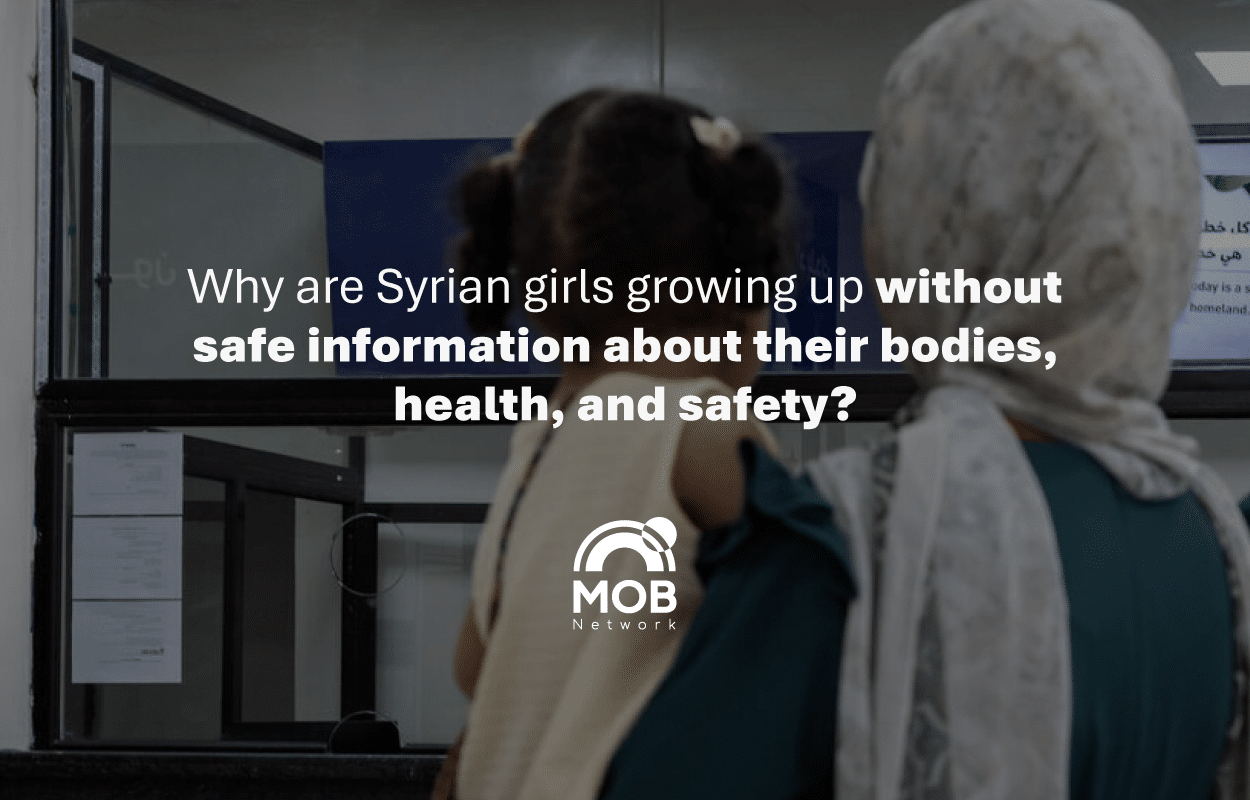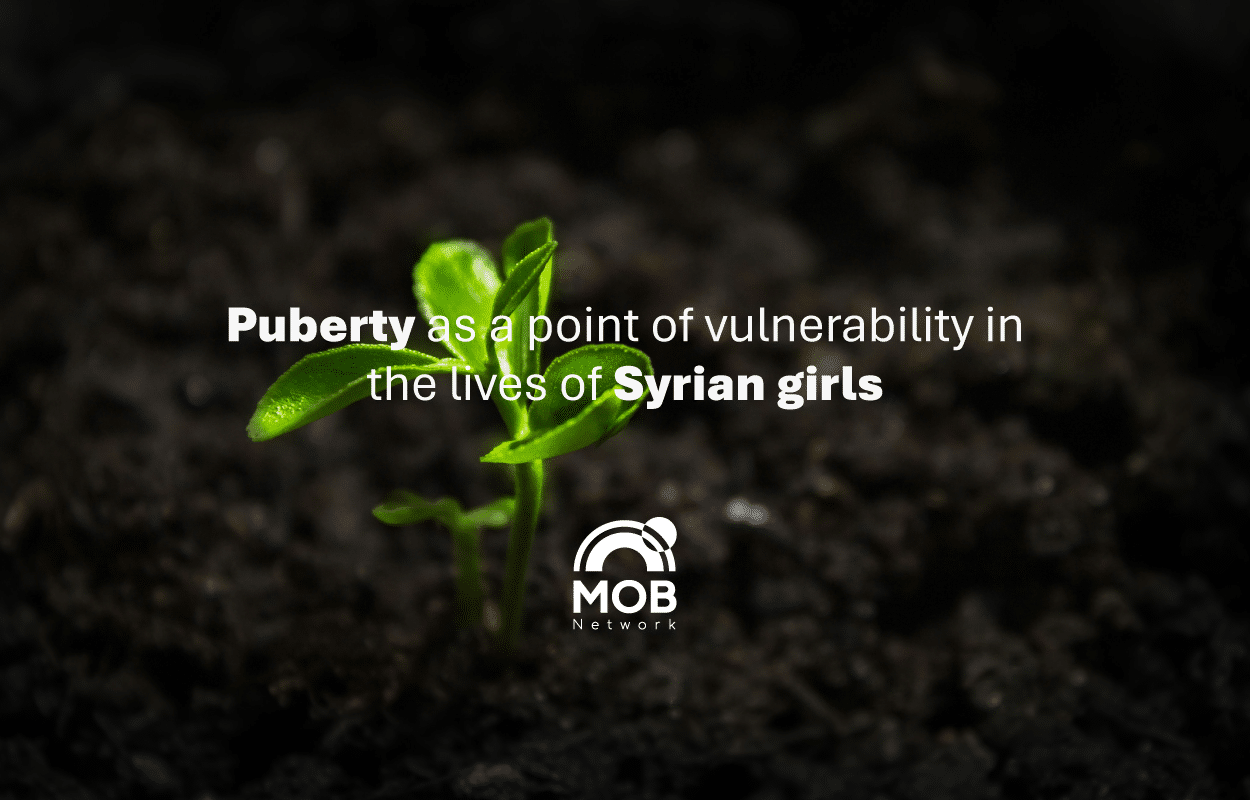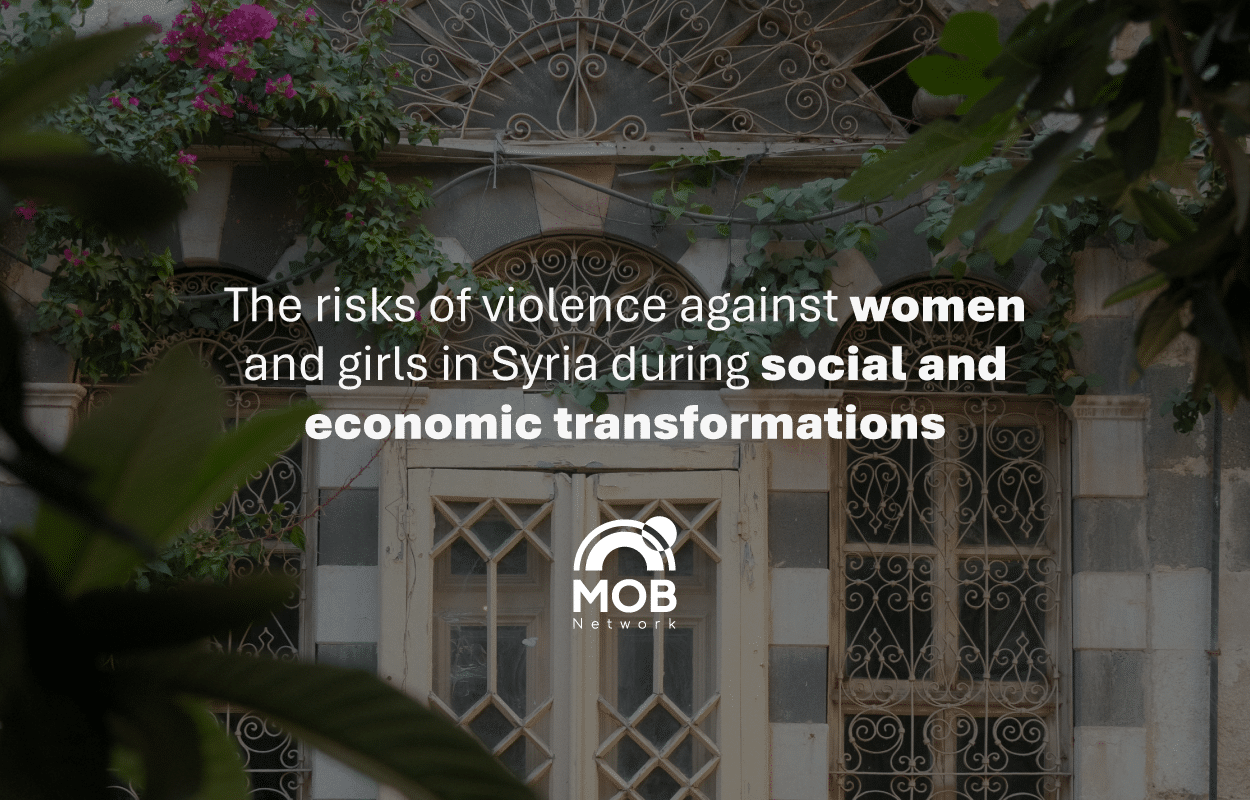Most survivors of major crises and life-threatening dangers carry a heavy and complex burden of emotions that oscillate between self-blame, anxiety, depression, and a sense of guilt for their survival and the loss of relatives, friends, or even strangers. It is also possible for these emotions to go in the direction of emotional numbness.
Does this sound familiar? Especially after the devastating earthquake that occurred in Syria and Turkey, which left us with a long thread of these emotions.
This is what we will present in this article, known as the term “survivor’s guilt” or “survivor syndrome”.
What is Survivor’s Guilt?
It is a special type of guilt that develops and manifests in individuals who have been exposed to great life-threatening danger, such as natural disasters like earthquakes and active volcanoes, as well as drowning accidents, diseases, and pandemics. Survivors feel guilty because they survived while others suffered great losses, perished, or because they painfully experience the death of someone they were trying to rescue. They may also feel guilty for thinking that they could have done something different at that time.
When did the use of the term “survivor’s guilt” emerge?
The term survivor’s guilt was first used to describe the feelings experienced by Holocaust survivors after 1933, and to describe the cases of many people who have been through great danger that threatened their lives and the lives of others, such as natural disasters like earthquakes, volcanoes, hurricanes, wars, epidemics, and pandemics.
The same case has also been studied in individuals who survived medical shocks, such as cancer and AIDS, while the diagnosis of others led to their death, either from their families or acquaintances and friends.
Likewise, some employees have developed a sense of guilt and self-blame because they continued to work during the COVID-19 pandemic, while many employees were forced to leave their jobs due to the economic aftermath of the pandemic.
Is survivor’s guilt considered a type of disorder?
Survivor’s guilt has been considered one of the symptoms of post-traumatic stress disorder and may be seen as one of the mood-related cognitive symptoms of PTSD, including distorted feelings of guilt and negative self-thoughts.
However, people can experience survivor’s guilt without having PTSD, and it is also possible for some to experience PTSD without experiencing guilt or survivor’s guilt due to survival.
Symptoms of Survivor’s Guilt
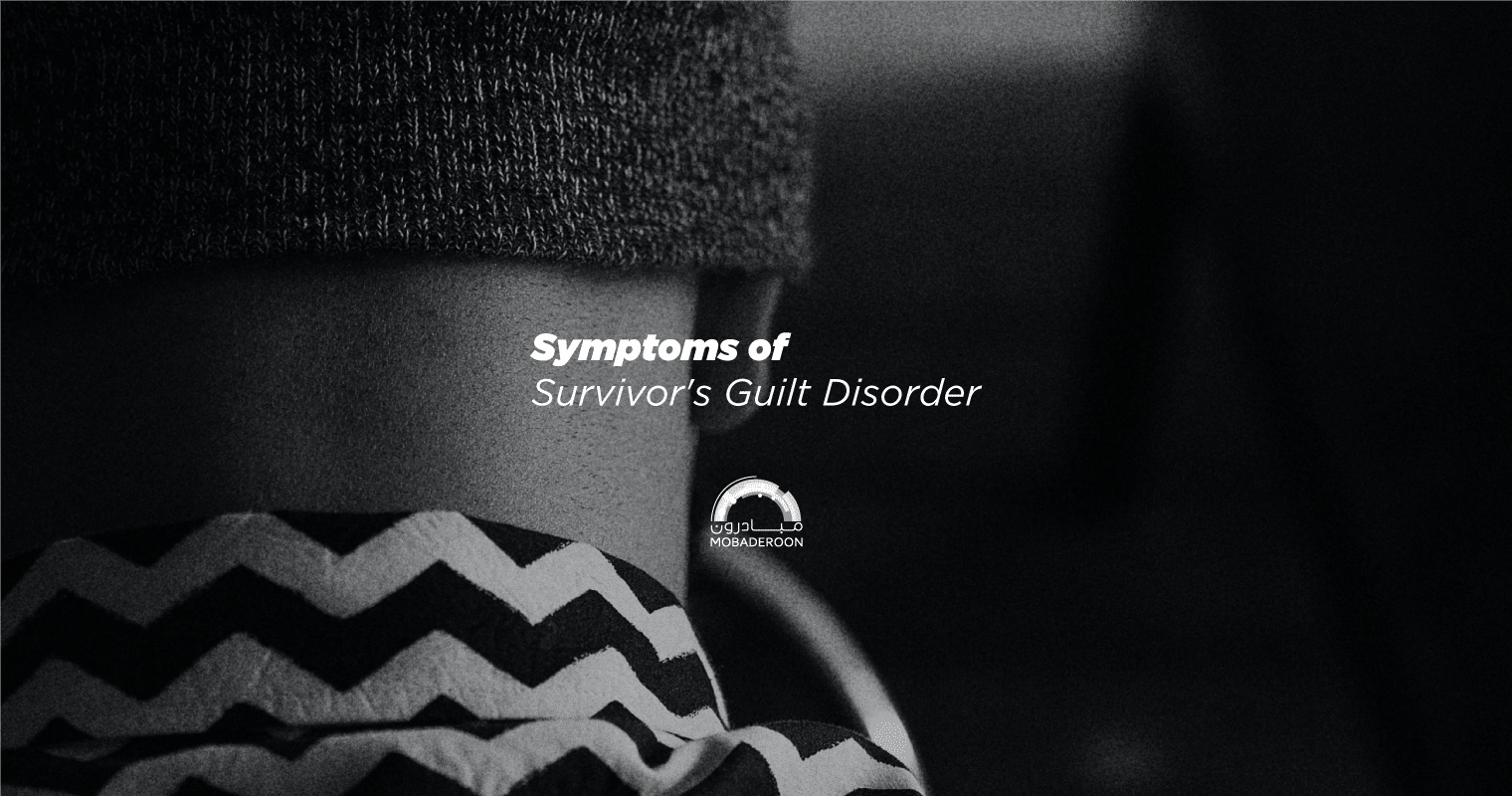
Symptoms of survivor’s guilt vary among individuals and may be physical or psychological, or both. Some of the most common psychological symptoms include:
- Feelings of helplessness
- Recalling the traumatic event
- Diminished interest or pleasure
- Obsessive thoughts about the event
- Suicidal thoughts
Physical symptoms may include:
- Changes in appetite
- Sleep disturbances
- Headaches
- Nausea
- Stomach cramps
- Increased heart rate
It is always recommended to seek immediate help from a mental health professional or a psychiatrist in case of suicidal thoughts.
Some people may experience feelings of regret, especially after traumatic events or major accidents, such as regret for things they did or didn’t do, and believe that it could have changed the course of events. Reframing the event in this way can perpetuate feelings of guilt, especially if their actions or inactions may have caused negative consequences.
What are the causes of survivor’s guilt?
Survivor’s guilt occurs in people who have experienced some type of trauma, but not everyone who has been through a difficult experience will feel this kind of guilt due to their survival. Some people resort to self-blame when interpreting the traumas resulting from an event that threatened their lives. They attribute the causes of the trauma to their personal qualities rather than external factors and forces that they cannot control, such as natural disasters and epidemics, which makes them susceptible to survivor’s guilt.
Others, on the other hand, can absorb blame, and thus they can overcome entering this disorder by giving themselves and their abilities appreciation when providing assistance, for example, to others after a life-threatening event.
Some factors increase the likelihood of people experiencing survivor’s guilt disorder, such as:
- Exposure to trauma during childhood can increase the likelihood of negative feelings, especially after life-threatening events.
- Current or previous depression in some individuals can increase their tendency to engage in negative emotions and guilt after trauma.
- Low self-esteem in some individuals gives them a low value for their overall health, which makes them question whether they deserve the good fortune that saved them, leading to feelings of guilt.
- Individuals who do not have a strong social support network around them are at risk of experiencing symptoms related to survivor’s guilt.
- Individuals are more susceptible to post-traumatic stress disorder if they resist coping strategies and engage in avoidance coping, such as disengaging and not integrating with others.
Treatment for survivor’s guilt
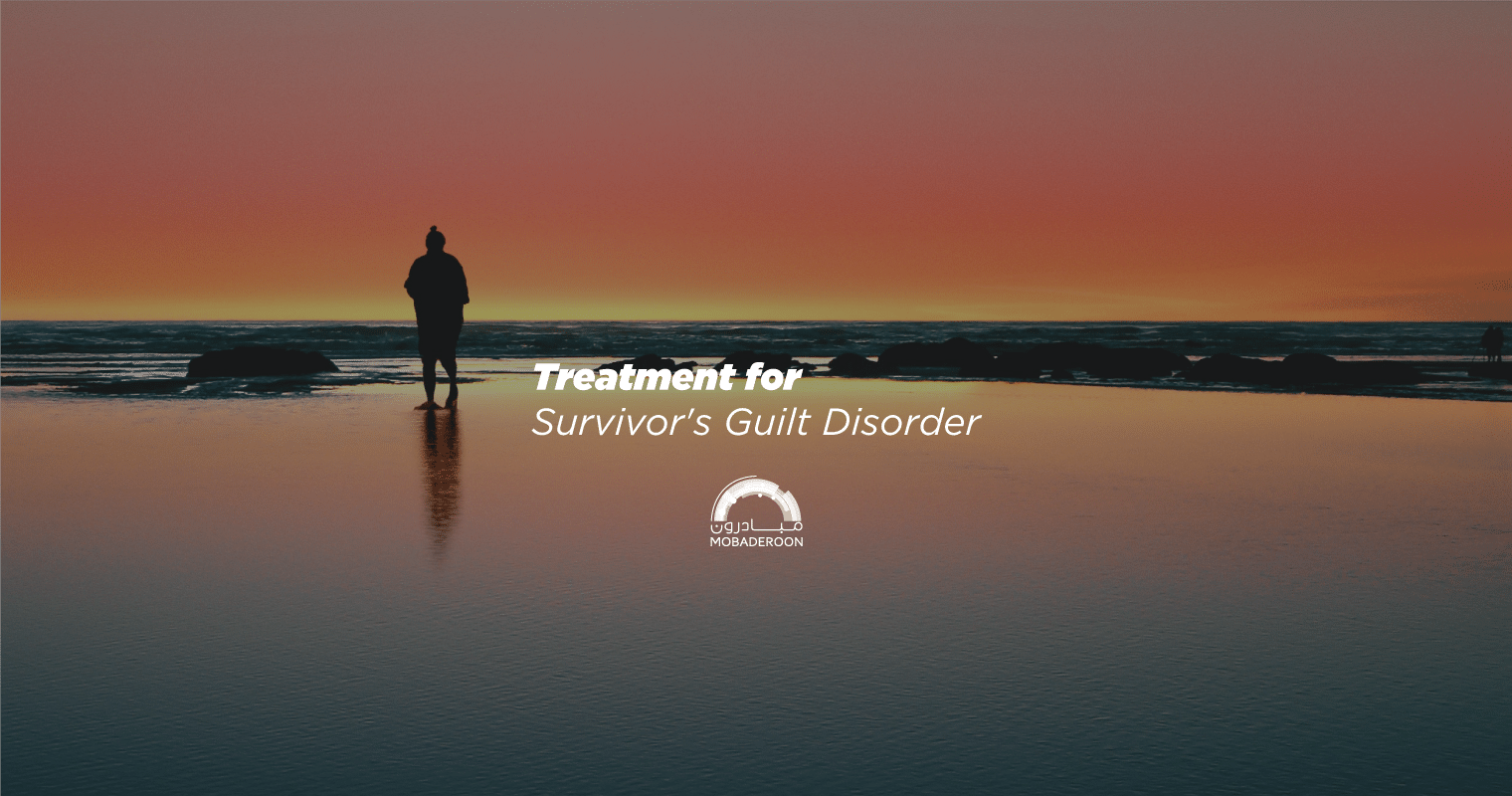
It is important to seek good treatment if you experience symptoms similar to those mentioned. Survivor’s guilt is normal and may last for several weeks, but it also reduces your mental and physical health and may evoke real dangers to your life.
One of the most effective methods to help with survivor’s guilt is cognitive-behavioral therapy, through sessions between the survivor and a therapist to discover negative thoughts that lead to feelings of guilt and to test these unrealistic beliefs and replace them with more realistic ones during the treatment of the survivor’s guilt disorder. Other types of psychological treatment, such as group therapy and support groups, as well as medication, can also help in the treatment of survivor’s guilt symptoms.
Here are some strategies to help control feelings of guilt after surviving a life-threatening event:
- Allow yourself to grieve for those who suffered great losses or died, and give yourself enough time to mourn in your way.
- Do something positive for yourself or others, as doing simple things can aid in recovery and alleviate feelings of guilt.
- Focus on external factors that contributed to the event to let go of self-blame, which helps generate feelings of guilt.
- Train yourself to forgive, even if some of your actions unintentionally caused harm to others, learning to forgive yourself and practicing it helps you move forward and regain a positive view of yourself.
- Remember that these feelings are natural and common, and feeling guilty does not mean that you are guilty of any wrongdoing. Grief, fear, stress, and guilt are very natural feelings after disasters.
- It is acceptable to be happy for surviving and at the same time feel sad and mourn for the fate and losses of others.
In conclusion, testing survivor’s guilt is a natural thing, especially in crises with severe psychological pressure such as the recent earthquake that hit Syria and Turkey. It is necessary to seek specialized consultations if these feelings persist or interfere with daily life.

